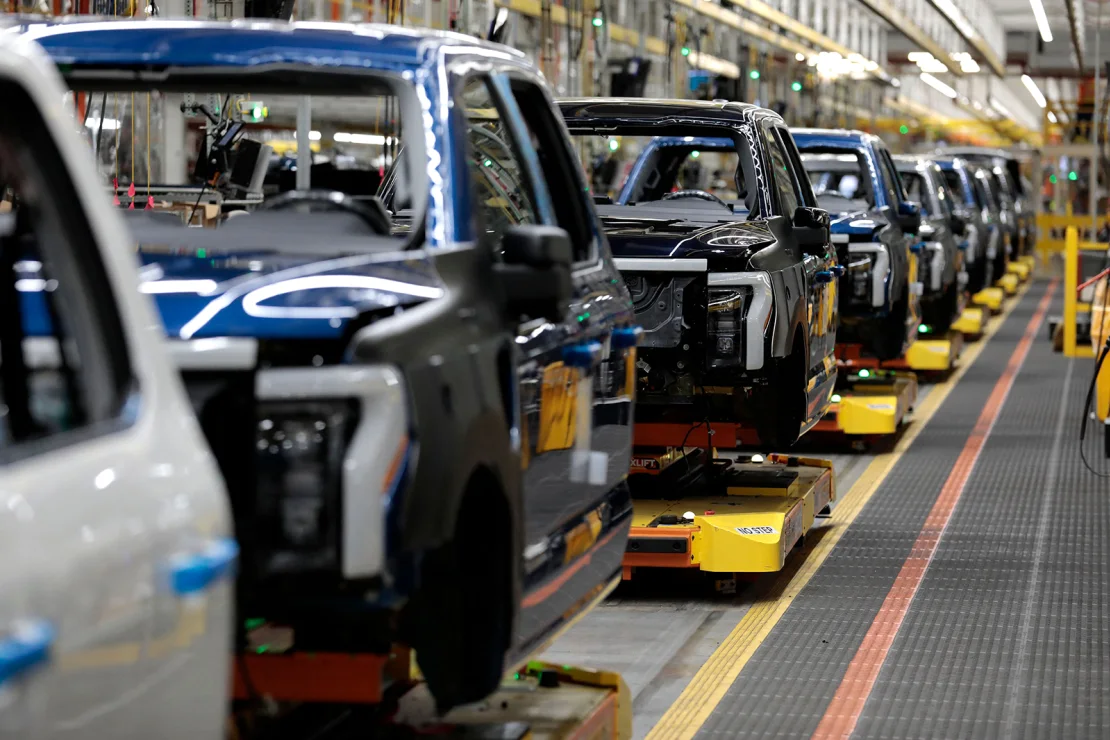US rules on Chinese batteries could push up price of electric cars.

US rules on Chinese batteries could push up price of electric cars.
US authorities have announced new regulations that aim to prevent Chinese batteries from being used in cars sold in the country, raising the cost of electric vehicles.
Biden administration proposed rules on Friday to cut subsidies for vehicles that contain Chinese-made battery components or are produced by a company with close ties to China.
In a 2023 report by the International Energy Agency (IEA), China dominated nearly “every stage of the EV battery supply chain” in terms of battery production.
Following a 30-day public comment period, vehicles with these components will no longer qualify for the full $7,500 US tax credit, allowing consumers to save money on new electric cars.
It’s because new guidelines from the US Treasury, Internal Revenue Service, and Department of Energy prohibit the use of parts made or assembled by “foreign entities of concern”. Companies with a voting interest, board membership, or ownership by a government of one of these countries are considered China, Russia, North Korea, or Iran companies.
The Treasury also mandates that by 2025, no critical minerals will be allowed in an eligible clean vehicle that were extracted, processed, or recycled in a FEOC. For companies to have time to transition, officials said they would temporarily exclude some battery materials that are difficult to trace.
It is possible that the regulations will reshape the supply chains of automakers. IEA estimates that two-thirds of global battery cell production occurs in China, while the United States accounts for approximately 10%. As well as graphite and rare earths, China is the world leader in processing minerals used in EV batteries. Exports of such materials have recently been curtailed due to national security concerns.
